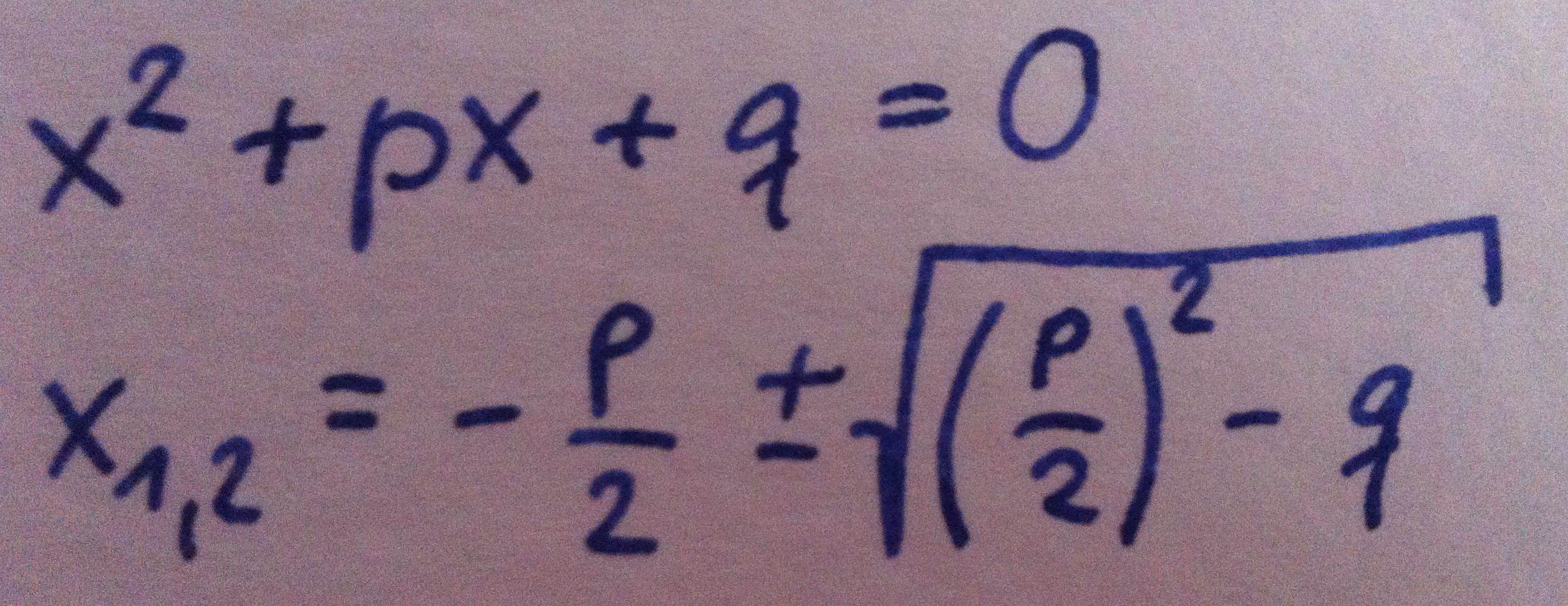
When math hurts
One of the larger projects I am currently working on deals with connecting the math courses, which are compulsory for all freshmen at my university and taught for most students together, with the other subjects they are taking at the same time. Our assumption (which we are testing as we are trying the new setup) is that once students see the relevance of the content of the math courses to the subjects they actually chose (e.g. mechanical engineering), they will learn math more easily and feel less resistance towards the content that they otherwise might perceive as dry and unnecessary for their personal goals. So I have been thinking about math and how math is taught a lot recently, especially because I hated math as a subject throughout university. However, my dislike of the subject itself didn’t keep me from studying and doing a PhD and postdoc on theoretical oceanography and numerical modeling, which relied heavily on the skills and methods I learned in math courses, and where using the math was fun. So what is it that makes math courses so painful?
Actually, a study by Lyons and Beilock (2012) shows that it is not actually math that is painful, it is the anticipation of math. In their paper “When Math Hurts: Math Anxiety Predicts Pain Network Activation in Anticipation of Doing Math“, Lyons and Beilock show that the higher levels of anxiety connected to mathematics a person has, the more the region in the brain that is associated with feelings or pain and terror is activated in anticipation of a math task. In other words: the more afraid someone is of math, the more painful and threatening it is to think of the math homework they still have to do. Which, I would think, explains pretty well why the worse you are at math or even think you are at math (for whatever reason, and don’t tell me it’s related to how intelligent someone is!), the more resistance you will feel to just sit down and work on your problem sets or practice that thing you know you should be practicing. So far, so good.
BUT! The authors don’t stop there. What they then found is that when the participants of their study were working on math problems, the activity in that brain area linked to pain and threat is not related to how math-anxious someone is. So DOING math, in contrast to THINKING ABOUT math, is not more painful for people who don’t like math! And that I find pretty fascinating, and potentially very relevant for math teaching.
Potentially, because I am not quite sure yet what to make of it. I’m not done thinking about this, but what if we tried, for example, practicing math at random times throughout all courses, so nobody would have time to build up fear and everybody got to practice a lot? There are of course arguments against this, like the huge effort it would require from the university as a whole, or, more importantly, all the research that shows that it is beneficial to always link back to prior knowledge of a subject so that new experiences and knowledge can be connected to all that was there on that topic before and placed into context, so one would always have to tell people that they are, in fact, practicing math and not mechanics. But maybe it might still be good to place the math skills needed for a mechanical engineering problem with other ways to solve that problem before eventually connecting it to other math stuff? What do you think?
—
Lyons, I., & Beilock, S. (2012). When Math Hurts: Math Anxiety Predicts Pain Network Activation in Anticipation of Doing Math. PLoS ONE, 7 (10) DOI: 10.1371/journal.pone.0048076